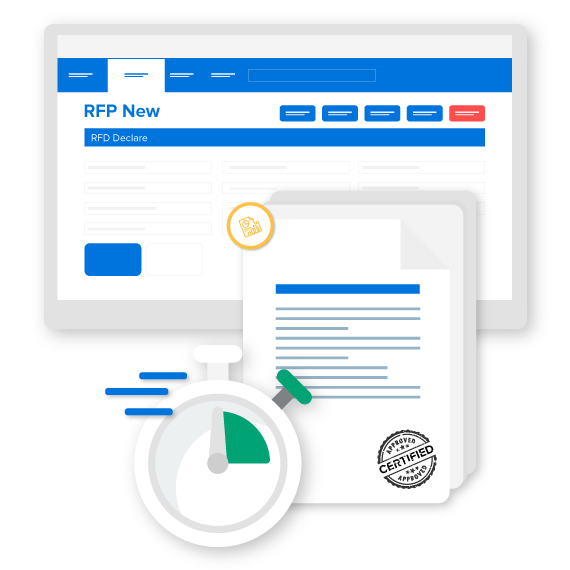
06 Mar
Phytosanitary certificates
Phytosanitary certificates are important documents required for the export of plants and plant-based products. As an exporter of these products, you must ensure that they meet the export parameters. For example, these items must be free from pests and disease-causing infections. Here are some useful guidelines that would help you in obtaining these certificates on time and without any hassles.
The Issuing Authority
Apart from issuing health certificates, the Department of Agriculture and Water Resources issues certificates for the export of plants and plant products. The department’s intergovernmental organization, called the Plant Protection Organization of the Australian Government works in accordance with the International Plant Protection Convention to participate in the issue of these export documents.
Meeting the Compliance Requirements
The exporters must comply with the terms and conditions of the Export Control Act 1982 to become eligible for the export of these goods. In addition, the exporter must also meet the requirements prescribed by the final destination countries or the importing countries. Make sure that you take out time to go through them thoroughly.
Prescribed vs. Non-prescribed Plant Goods
The plants and plant goods are classified into two categories. The prescribed goods, including fresh fruits and vegetables, some types of grains and straw and hay, essentially require certifications. On the other hand, certification of the non-prescribed goods depends on whether the importing country demands it or not.
Getting through the Inspections
To decide whether the commodities in this category are fir for export or not, there are some inspection procedures carried out by the department’s authorized officers. For example, the officer would inspect whether the facility where the product was grown or prepared meet the hygiene standards or not.
Electronic Certification
Similar to the request for permit, it is possible to apply for phytosanitary certificate digitally. In fact, there are some countries that demand electronic phytosanitary certificates only. It is not only convenient to obtain a digital export document but can also save a lot of time.
It is important to understand the norms of each importing country, failing which the plant’s products you export may be destroyed or returned. Be in touch with a documentation expert to avoid such situations.


